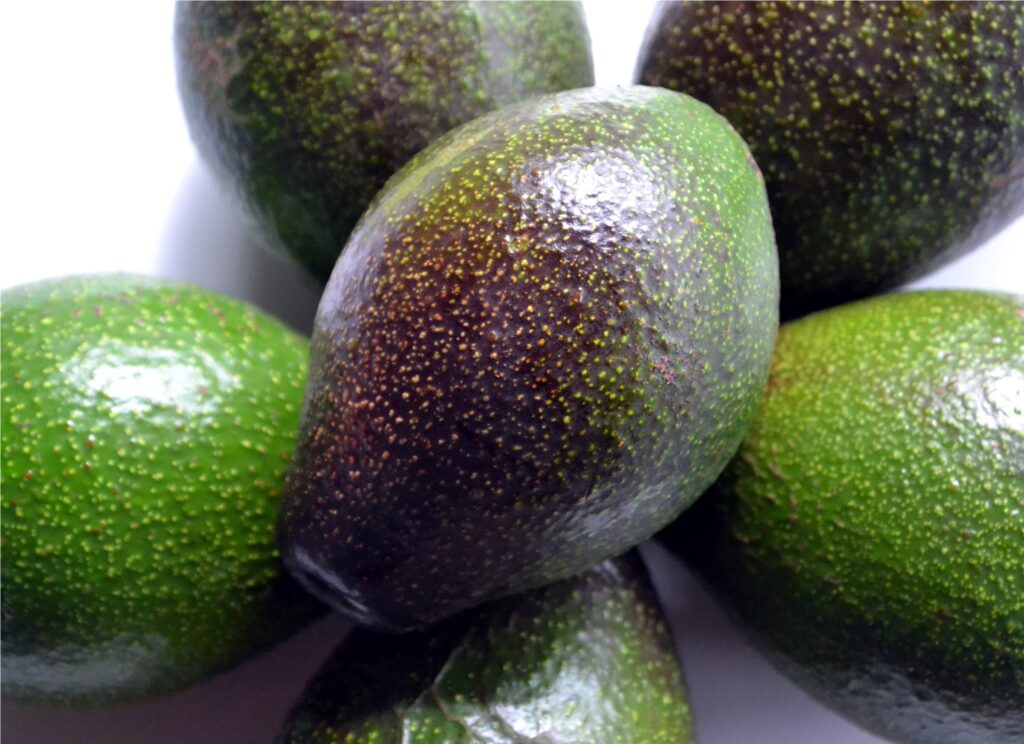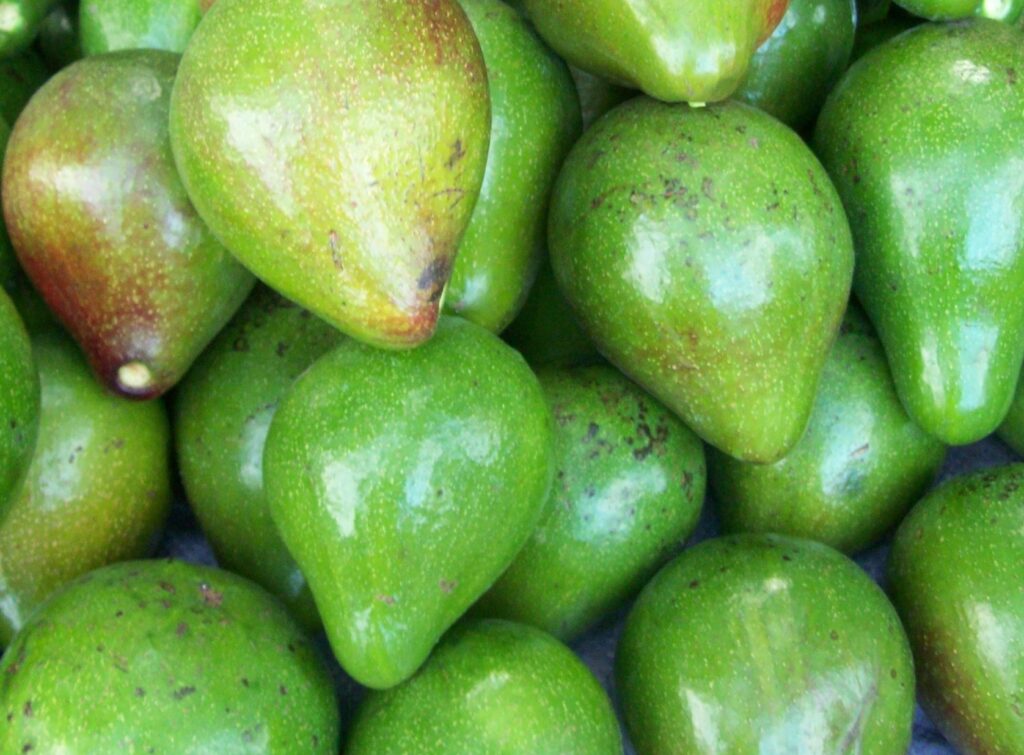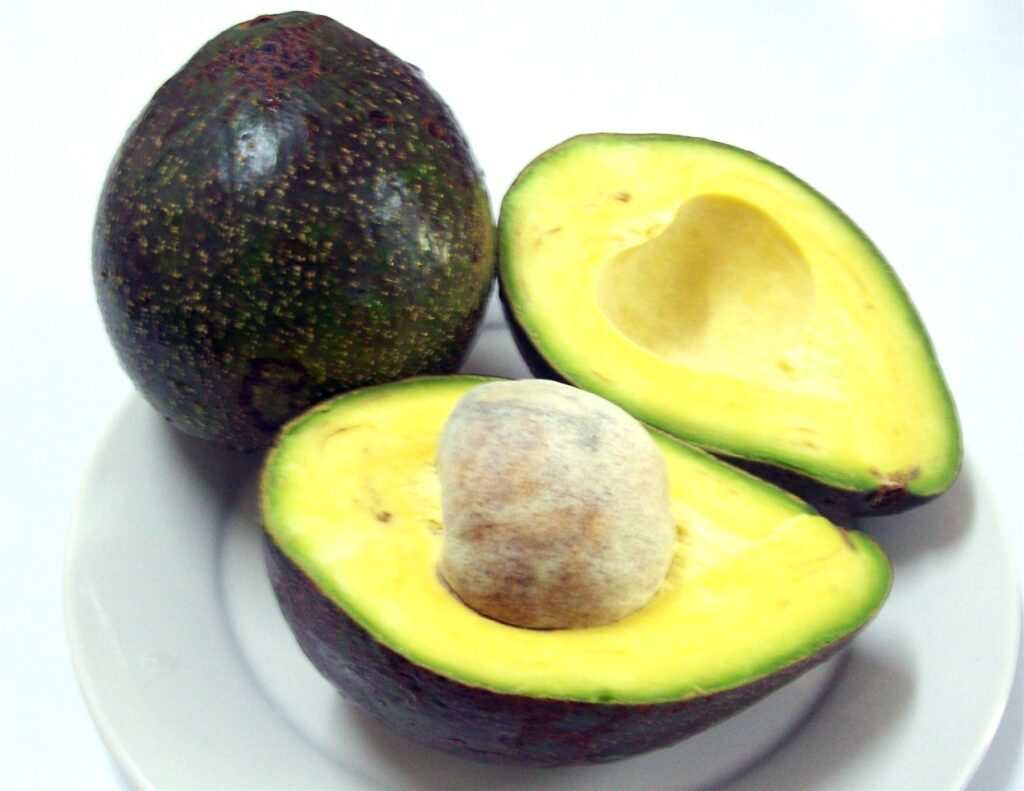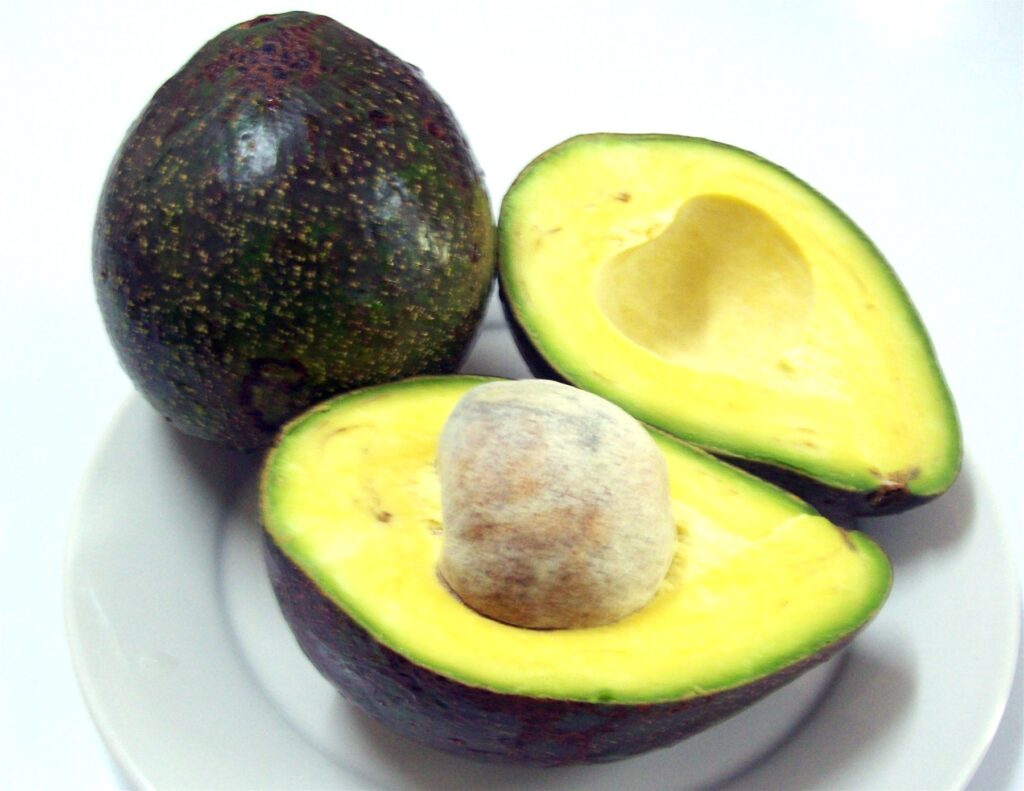AVOCADO: THE WORLD’S MOST NUTRITIOUS FRUIT
Story and Photos by Henrylito D. Tacio
Avocado: The world’s most nutritious fruit. Could it be that the forbidden fruit mentioned in the Holy Bible was the avocado? David Fairchild, America’s greatest plant explorer, described alligator pear – as it is known in some parts of the world – as “a food without rival among fruits, the veritable fruit of paradise.”
Well, avocado is the world’s most nutritious fruit! “In this single delectable fruit,” noted food writer Gaylord Hauser, “are combined the protein meat, the fat of butter (but much more wholesome!), the vitamins and minerals of green vegetables, the flavor of nuts, a six course dinner.”
Nutritionists claim avocado contain goodly amounts of Vitamin C (necessary for the production of collagen needed for the growth of new cells and tissues, prevents viruses from penetrating cell membranes, and also a powerful antioxidant), thiamine (converts carbohydrates to glucose to fuel the brain and nervous system), and riboflavin (helps the body to release energy from proteins, carbohydrates and fat).

Avocado also has 60% more potassium than banana. Potassium is a mineral that helps regulate blood pressure. As such, adequate intake of potassium can help guard against circulatory diseases, like high blood pressure, heart disease, or stroke. In addition, avocado also provides calories for energy and beneficial phytochemicals such as glutathione.
In recent years, most people avoid eating avocado like the plague. The reason: avocado is high in fat. In fact, 75 percent of its calories come from fat (which is why avocado is a good source of energy). But what they don’t know is that the fat it contains is the healthful monounsaturated fat, which has been linked to a reduced risk of cancer, heart disease, and diabetes.
Not too many people eat avocado because of its high fat content (about 85% of its calories come from fat). But what most people don’t know is that the fat contained in avocado is unusual and provides research-based health benefits.
The website of the World’s Most Healthiest Foods gives this information: “The unusual nature of avocado fat is threefold. First are the phytosterols that account for a major portion of avocado fats. These phytosterols include beta-sitosterol, campesterol, and stigmasterol and they are the key supporters of our inflammatory system that help keep inflammation under control. The anti-inflammatory benefits of these avocado fats are particularly well-documented with problems involving arthritis.
“Second are avocado’s polyhydroxylated fatty alcohols (PFAs). PFAs are widely present in ocean plants but fairly unique among land plants – making the avocado tree (and its fruit) unusual in this regard. Like the avocado’s phytosterols, its PFAs also provide us with anti-inflammatory benefits.
“Third is the unusually high amount of a fatty acid called oleic acid. Over half of the total fat in avocado is provided in the form of oleic acid – a situation very similar to the fat composition of olives and olive oil. Oleic acid helps our digestive tract form transport molecules for fat that can increase our absorption of fat-soluble nutrients like carotenoids. As a monounsaturated fatty acid, it has also been shown to help lower our risk of heart disease.”
Overall, avocado is considered a complete food: it has vitamins, minerals, antioxidants, calories and fiber, no cholesterol, and is sodium free. As such, avocado is ideal for growing up children, adults and even for babies, especially when blended with other fruits. For athletes, avocado is a nutritious energy booster to rev up the body’s strength.

In the past, avocado has been considered to be an aphrodisiac. In fact, the Aztecs used the avocado as a sex stimulant and its name for the fruit as ahuacatl, which means “testicle.” Because of this well-entrenched reputation for inducing sexual prowess, avocado wasn’t purchased or consumed by any person wishing to protect their image from slanderous assault.
Although edible by themselves, avocados are commonly used as a base in dips. In areas where the fruit is commonly grown, a common breakfast is avocado on toast. This is made by mashing the avocado with some lemon juice, salt and pepper and spreading on hot freshly toasted bread.
Actually, the avocado fruit is not sweet, but fatty, distinctly yet subtly flavored, and of smooth, almost creamy texture. In Brazil and Vietnam, avocados are frequently used for milk-shakes and occasionally added to ice cream and other desserts. In Indonesia, a dessert drink is made with sugar, milk or water, and pureed avocado.

But there’s more to avocado than just a food.
“Avocados help prevent cancer,” writes Arlene May Corpus, a therapeutic dietitian at the Manila Adventist Medical Center. “The unusual mix of phytochemicals extracted from avocado’s anti-inflammatory and antioxidant nutrients like vitamins C and E and beta carotene, together with copper and iron that selectively induce cell cycle arrest, inhibit precancerous cell growth and apoptosis (programmed cell death and the reason for our non-webbed fingers) as well as lessen cancer cell numbers.”
“Avocados aid in blood and tissue regeneration, stabilize blood sugar, and are excellent for heart disorders,” says Dr. Ed Bauman, director of Bauman College. “They’re loaded with fiber (11 to 17 grams per fruit) and are a good source of lutein, an antioxidant linked to eye and skin health.” Unsaturated fats are those found in dairy and animal products.
“Avocado is extremely helpful in preventing both rheumatoid and osteoarthritis,” writes Rob Poulos, author of Avocado Nutrition Facts and Unique Health Benefits.” “The many different antioxidants found in avocados help reduce inflammation, a major concern for sufferers of either type of arthritis. Avocado nutrients responsible for this health benefit include vitamins C and E as well as manganese.”

According to Poulos, the biggest health benefit of avocados is that “by adding avocado to certain foods, you can improve your absorption of nutrients. This means that when you combine other fat burning foods with avocado, you can improve your nutrient absorption up to 400%!”
Just a helpful trivia to end this piece: Once you picked an avocado fruit from a tree, it takes between 7 and 10 days to ripen. Keeping it in the refrigerator will slow down the ripening process, while putting it in a paper bag with a ripe apple will speed up the process.
When eaten in moderation – less than 1 avocado a day – you can enjoy all the health benefits of avocado while you lose weight!

